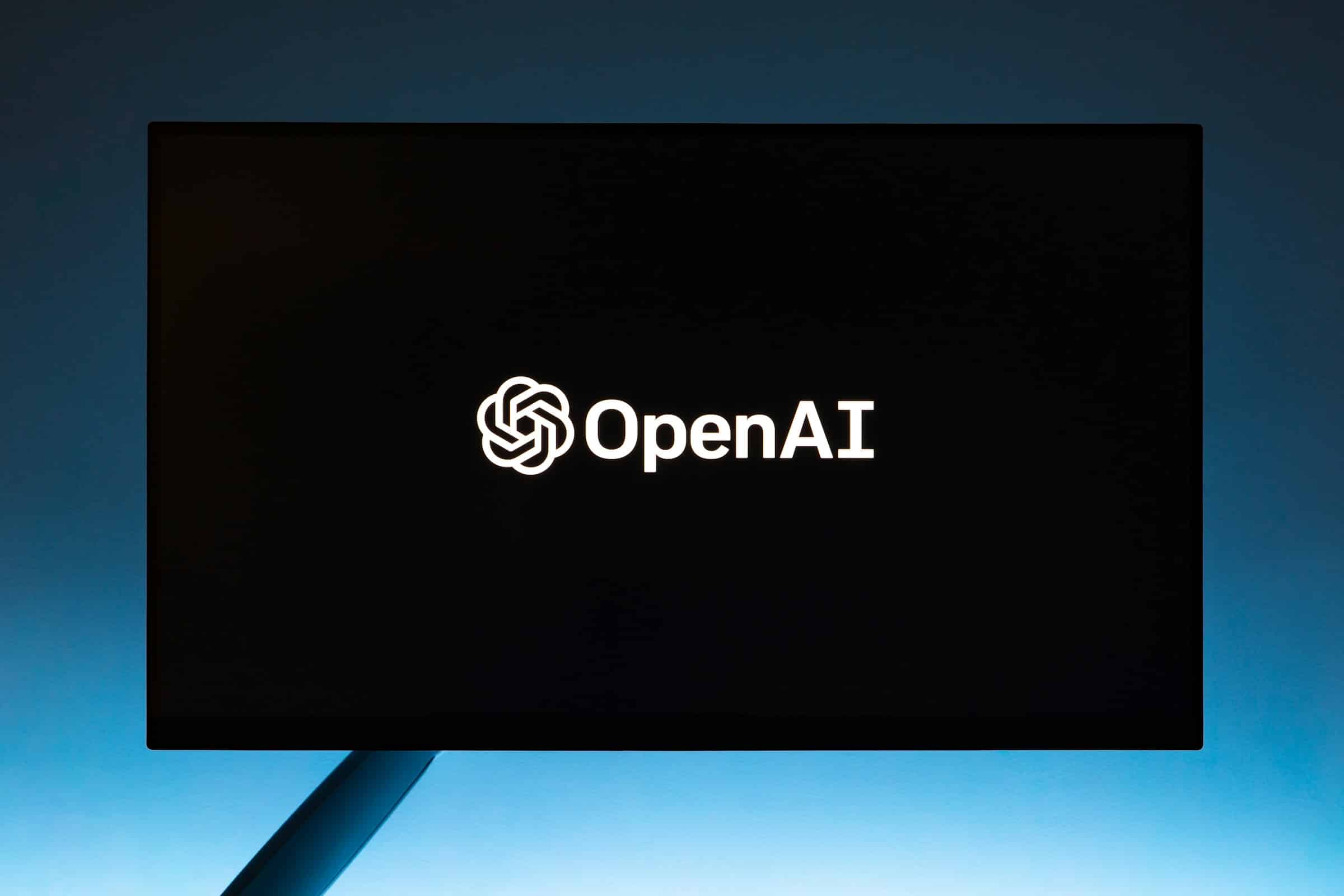How Can AI-Driven Predictive Maintenance Transform Fleet Management for UK Logistics Companies?

In the fast-evolving landscape of the logistics industry, UK companies constantly seek innovative solutions to enhance efficiency, reduce costs, and improve customer satisfaction. One such groundbreaking advancement is AI-driven predictive maintenance. This article delves into how artificial intelligence (AI) and predictive analytics can revolutionize fleet management, ensuring optimal vehicle performance, reduced downtime, and enhanced driver safety.
The Role of AI in Fleet Management
In the realm of fleet management, AI offers a plethora of opportunities to drive efficiency and accuracy. Predictive maintenance, powered by machine learning and real-time data analysis, can significantly alter how logistics companies manage their vehicles.
Avez-vous vu cela : What Are the Latest Developments in Quantum Computing for Drug Discovery in UK Pharmaceutical Firms?
AI-driven systems collect and analyze massive amounts of data from various sources, including vehicle sensors, maintenance records, and driver behavior. This data-driven approach allows fleet managers to foresee potential issues and address them before they escalate into costly breakdowns. Moreover, compliance with safety regulations and enhancing driver safety are additional benefits that come with AI integration in fleet management.
Benefits of Predictive Maintenance
Predictive maintenance leverages artificial intelligence and machine learning to predict when a vehicle will require maintenance. This proactive approach can transform fleet management by reducing unexpected breakdowns and maintenance costs. For logistics companies, this translates into:
A voir aussi : What Are the New Trends in AI for UK Retail Analytics?
- Reduced Downtime: By predicting maintenance needs, vehicles spend less time off the road, ensuring continuous operations and timely deliveries.
- Cost Savings: Preventive repairs are generally less expensive compared to major overhauls following a breakdown.
- Enhanced Safety: Regular, timely maintenance ensures that all vehicles are in optimal condition, reducing the risk of accidents.
These benefits not only improve operational efficiency but also enhance customer satisfaction by ensuring timely delivery of goods. Predictive maintenance thus becomes an indispensable tool for logistics companies aiming for excellence in fleet management.
Leveraging Real-Time Data for Efficient Fleet Operations
Real-time data analytics play a crucial role in modern fleet management systems. By continuously monitoring vehicle performance and driver behavior, logistics companies can make data-driven decisions that enhance efficiency and safety.
Real-Time Data Collection
AI-driven systems collect data from various sources, including:
- Vehicle Sensors: Monitoring engine performance, fuel consumption, tire pressure, etc.
- GPS Systems: Tracking vehicle location, routes, and driving patterns.
- Driver Feedback: Recording driver behavior such as acceleration, braking, and adherence to speed limits.
This data is then analyzed to provide insights into vehicle performance, maintenance needs, and overall fleet efficiency.
Improving Decision-Making
With access to real-time data, fleet managers can make informed decisions that optimize fleet operations. For instance, if a vehicle shows signs of a potential issue, it can be scheduled for maintenance before it breaks down. Similarly, analyzing driver behavior can help identify areas for improvement, leading to better driving practices and enhanced safety.
Moreover, real-time data analytics enable logistics companies to optimize routes, reduce fuel consumption, and improve delivery times. This not only cuts costs but also enhances customer satisfaction by ensuring timely delivery of goods.
Enhancing Supply Chain Efficiency with Predictive Analytics
In the logistics industry, supply chain management is crucial for ensuring the smooth flow of goods from suppliers to customers. AI-driven predictive analytics can significantly enhance supply chain efficiency by providing insights into inventory management, demand forecasting, and fleet operations.
Inventory Management
Effective inventory management is essential for minimizing costs and meeting customer demand. Predictive analytics can help logistics companies maintain optimal inventory levels by forecasting demand based on historical data and market trends. This enables companies to:
- Reduce Overstocking: By accurately predicting demand, companies can avoid excessive inventory, thus reducing storage costs.
- Prevent Stockouts: Ensuring that the right products are available when needed, thus avoiding missed sales opportunities.
- Optimize Inventory Turnover: Ensuring that inventory moves quickly, reducing the risk of obsolescence.
Demand Forecasting
Predictive analytics can also enhance demand forecasting by analyzing data from various sources, including sales history, market trends, and economic indicators. This allows logistics companies to anticipate demand fluctuations and adjust their supply chains accordingly. The result is a more responsive supply chain that can quickly adapt to changing market conditions.
Optimizing Fleet Operations
By integrating predictive analytics into fleet management systems, logistics companies can optimize their fleet operations. For instance, AI-driven systems can analyze data from vehicle sensors and GPS systems to identify the most efficient routes, reducing fuel consumption and improving delivery times. This not only cuts costs but also enhances customer satisfaction by ensuring timely delivery of goods.
The Future of Fleet Management with Autonomous Vehicles
As technology continues to evolve, autonomous vehicles are poised to play a significant role in the future of fleet management. These self-driving vehicles, powered by artificial intelligence and machine learning, have the potential to revolutionize the logistics industry by increasing efficiency, reducing costs, and enhancing safety.
Benefits of Autonomous Vehicles
Autonomous vehicles offer numerous benefits for logistics companies, including:
- Increased Efficiency: Self-driving vehicles can operate 24/7 without the need for rest breaks, ensuring continuous operations and timely deliveries.
- Reduced Labor Costs: By eliminating the need for drivers, logistics companies can significantly reduce labor costs.
- Enhanced Safety: Autonomous vehicles are equipped with advanced safety features, reducing the risk of accidents.
Challenges and Opportunities
While the adoption of autonomous vehicles presents numerous opportunities, it also comes with challenges. Ensuring the safety and reliability of these vehicles is paramount. Additionally, regulatory frameworks need to be developed to govern the use of autonomous vehicles in the logistics industry.
However, with ongoing advancements in AI and machine learning, these challenges can be addressed. As technology continues to evolve, autonomous vehicles are expected to become a key component of fleet management systems, offering unprecedented levels of efficiency and safety.
The Role of Fleet Management Software
To fully leverage the benefits of AI-driven predictive maintenance and real-time data analytics, logistics companies need robust fleet management software. These software systems, powered by artificial intelligence, provide a centralized platform for managing all aspects of fleet operations, from vehicle maintenance to driver behavior.
Key Features of Fleet Management Software
Modern fleet management software offers a range of features designed to enhance efficiency and safety, including:
- Predictive Maintenance: AI-driven systems analyze data from vehicle sensors to predict maintenance needs, reducing downtime and maintenance costs.
- Real-Time Tracking: GPS systems provide real-time tracking of vehicles, enabling fleet managers to monitor routes and optimize delivery times.
- Driver Behavior Analysis: AI systems analyze driver behavior, providing insights into driving patterns and identifying areas for improvement.
- Inventory Management: Integration with supply chain management systems allows for efficient inventory management and demand forecasting.
Benefits of Fleet Management Software
By implementing fleet management software, logistics companies can achieve numerous benefits, including:
- Improved Efficiency: By automating routine tasks and providing real-time insights, fleet management software enhances overall efficiency.
- Reduced Costs: Predictive maintenance and optimized routes reduce fuel consumption and maintenance costs, leading to significant cost savings.
- Enhanced Safety: By monitoring driver behavior and ensuring timely maintenance, fleet management software enhances overall safety.
In conclusion, AI-driven predictive maintenance has the potential to transform fleet management for UK logistics companies. By leveraging artificial intelligence and predictive analytics, these companies can achieve unprecedented levels of efficiency, reduce costs, and enhance customer satisfaction. As technology continues to evolve, the integration of autonomous vehicles and advanced fleet management software will further revolutionize the logistics industry, ensuring a more efficient and sustainable future.
